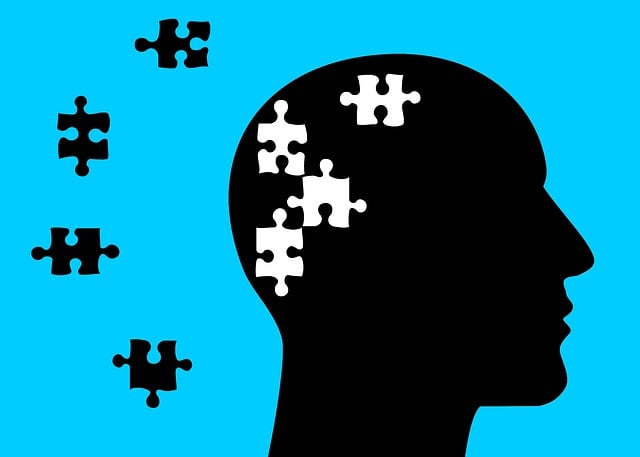
Dealing with a serious injury isn’t just a physical uphill battle; it’s like an intense round of emotional dodgeball. When your body takes a hit, your brain’s not far behind, reeling from the impact.
Truth bomb: getting sidelined by an injury can throw you for quite the mental loop. It’s more than just being laid up and binge-watching shows while you heal—your noggin often goes through its own kind of roller coaster.
So, let’s look at precisely how a serious injury can impact your mental health. Here are four important things to know.
You Could Get Compensation to Help with Mental Health Treatment
Before we look at the ways in which your mental health could be affected after a serious injury, it’s worth noting that if another person’s negligence or recklessness led to your injury, you might be entitled to some compensation.
This isn’t just about covering the physical stuff—it’s also about sorting out the mental shenanigans that came along for the ride. You could gain compensation to cover pain and suffering in addition to lost earnings and medical costs, such as for mental health treatment.
Getting advice from an expert lawyer is crucial here—you want someone who knows their stuff and can guide you to a fair shake. For example, the personal injury lawyers at Langston Lott Law Firm have the expertise and experience required to help you receive the compensation you deserve.
And when you don’t have the burden of financial problems, your mental health could stay in better shape.
1. The Self-Esteem Sinkhole
When you’re nursing an injury, your confidence might take a serious nosedive. It’s like one day you’re on top of the world, and the next, boom—you’re questioning your worth because you can’t do things that once felt like second nature.
This gnawing feeling can fuel all sorts of unsavory mental munchies, such as depression, anxiety, and even social withdrawal.
It’s a slippery slope from thinking “I’m injured” to “I’m worthless” – so watch out for this sneaky pitfall!
2. The Isolation Invasion
Ever felt like you’re stuck on your own personal island while the rest of the world is partying on a cruise ship? That’s isolation, folks, and it’s a sneaky beast that often creeps up after an injury.
Isolation is like a gateway to the not-so-wonderful world of anxiety and depression. It can crank up the stress levels until suddenly, you’re hosting a non-stop pity party for one. Plus, it’s got this nasty habit of making those self-doubt demons work overtime. It can mess with your sleep patterns too.
3. Anxiety Attacks
Simply mixing with people and leaving your home can fuel you with anxiety after an accident. And if you have a visible injury, such as a noticeable burn on your face, for instance, you might feel even more anxious and develop major stress.
Injury-induced anxiety is legit and it can really flip the script on everyday activities.
4. The PTSD Puzzle Piece
Alright, here’s a reality check – severe injuries can be like sticky burrs to your brain, especially if they come from accidents or trauma. That’s where PTSD (Post-Traumatic Stress Disorder) barges in, setting up shop and tossing flashbacks and nightmares into your mental mix like nobody’s business.
PTSD doesn’t just affect soldiers and disaster survivors; it can blindside anyone who’s gone through a really rough patch with an injury. And the kicker? Sometimes it feels like you’re reliving that awful moment on a loop, turning your mind into a no-chill zone that amps up stress and anxiety.
Mental Health Maintenance Post-Accident
Staying mentally afloat after an injury takes some deliberate moves. So, check out these strategies to ensure your mental health doesn’t worsen post-accident:
- Routine Rehabilitation: Stick to a structured daily routine to foster stability.
- Chat it Up: Talk regularly with friends, family, or support groups.
- Therapy Dive: Engage in professional counseling or therapy sessions.
Mindfulness Maneuvers: Practice meditation or mindfulness for inner peace.
